Azure Connectivity & Web App Services🚀🚀
 Muskaan Mishra
Muskaan Mishra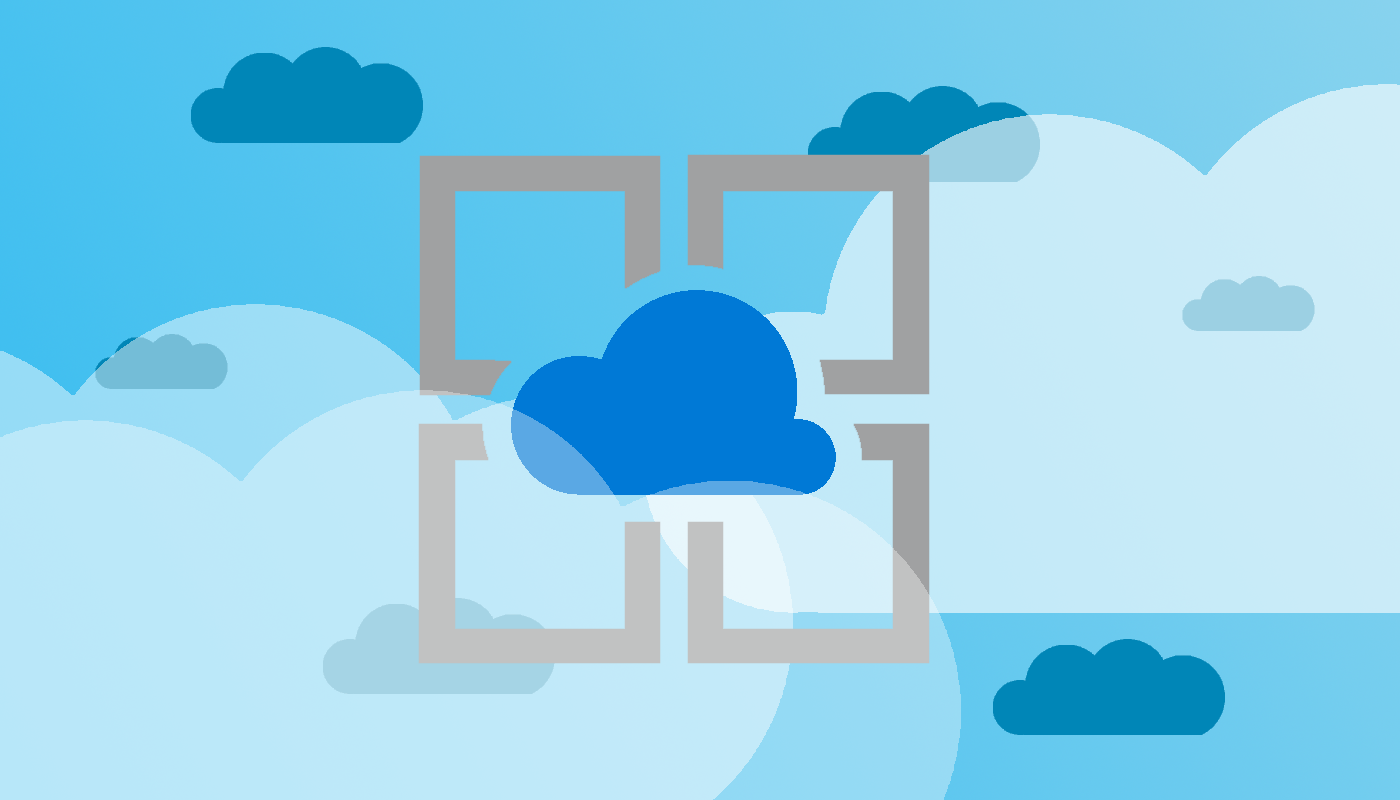
Introduction
What are Azure App Services?
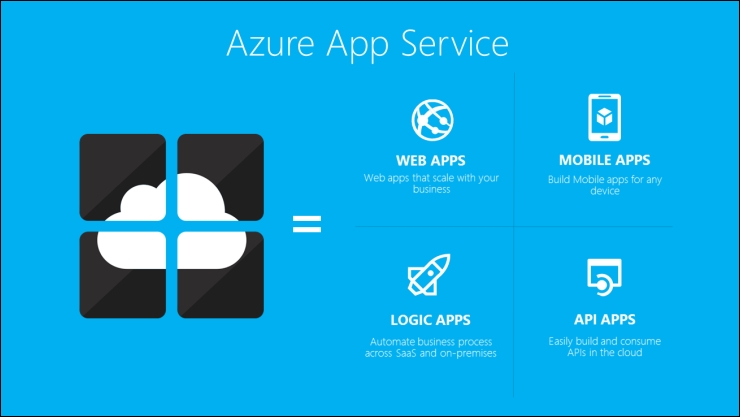
Azure App Services provide a hosting service that developers can use to develop mobile or web apps. Apart from this, developers can also use it to build API apps or Logic apps, which provide integration with SaaS. It replaces several separate Azure services, which include Azure Website, Azure Mobile Services, and Azure BizTalk Services, and gives you a single product called Azure App Services.
App Service not only adds the security, load balancing, auto-scaling, and automated management features of Microsoft Azure to your application.It also has DevOps features including continuous deployment via Azure DevOps, GitHub, Docker Hub, and other sources, package management, staging environments, custom domains, and TLS/SSL certificates.
Azure Web Apps
Azure Web Apps provides a platform to build an app in Azure without having to deploy, configure and maintain your own Azure VM’s. You can build Web App using the ASP.NET, PHP, Node.js and Python. They also integrate common development environments like Visual Studio and GitHub. You need to pay for the Azure compute resources you use.
Azure Web Apps Features
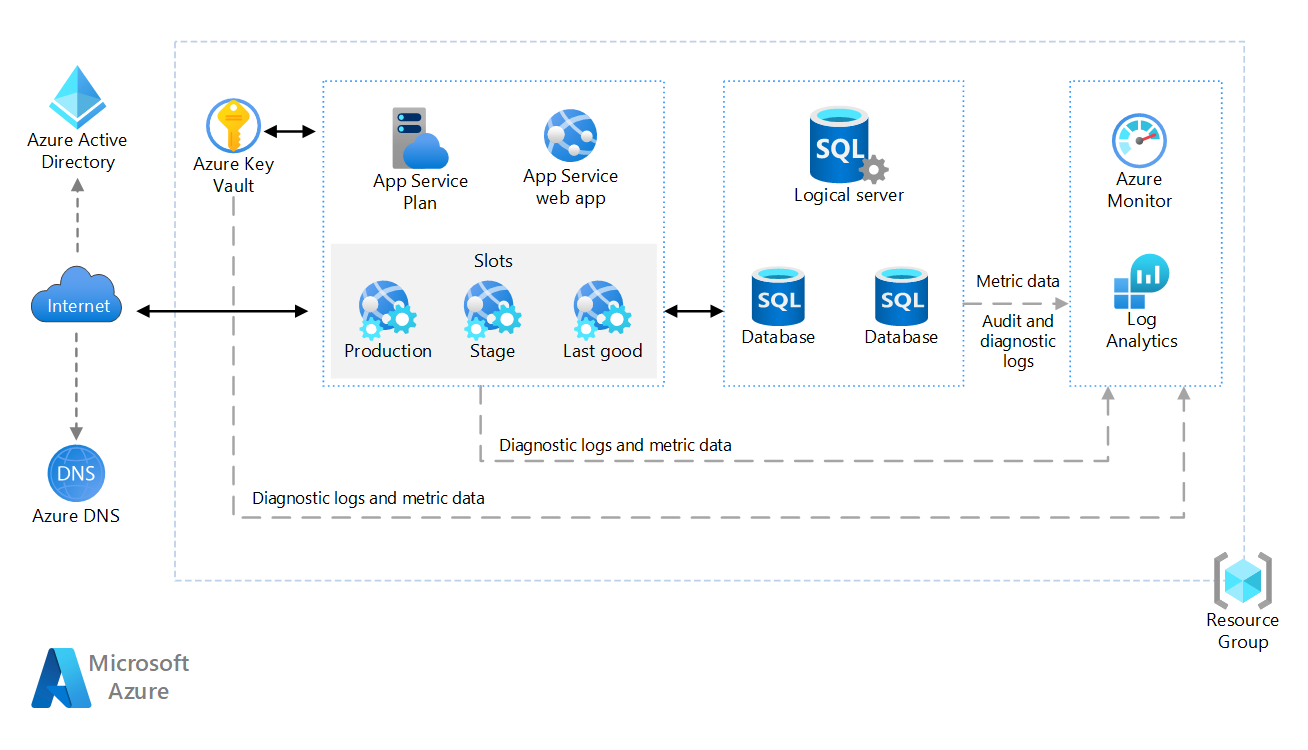
Auto Scale
Azure promises 99.95% availability in its SLA for web apps. In order to have a seamless experience for the users even in high demand, we can scale out or scale up the web apps instances to support the load. We can also configure auto-scale to web apps based on some metrics like CPU percentage, RAM Utilization, etc.
Easy Deployments
With Web apps, we can use the DevOps feature and deploy our applications directly from source code repositories like Visual Studio Team Services, Git Hub Bitbucket, etc.
Language Choice
Web apps support applications built on many languages and frameworks like ASP.Net, .Net Core, Java, PHP, Python, and Node.js.
The Azure web apps support multiple programming languages and frameworks, and some of the widely used languages are ASP.NET, Java, ASP.NET Core, Ruby on Rails, Nodejs, PHP, and Python. PowerShell and other certain scripts or executables can also be used as background services.
Security
We can integrate user identity provider services and enhance the capability of web applications. For example, we can use Azure AD to maintain a user database, authenticated login, and authorization.
The Azure app service complies with the security standards such as ISO, SOC, and PCI thus the level of security is extremely high. Apart from that the end-user or customer can log in to their account by using Azure Active Directory, Facebook, Google, Twitter, or Microsoft accounts.
Diagnostics
Azure App Services provides diagnostics logs for both application level and server level. It supports
Application logging - This is basically the logs written using the code or even uncaught exceptions.
Web server logging -It contains the logs of HTTP requests which hit the web app.
Detailed error messages - Detailed error messages contain detailed information about each failed request with an HTTP status code.
Failed request tracing - This keeps track of IIS steps and modules the request goes and captures generally the requests that respond with HTTP Status code 500 or above.
Step by Step: Creating a Web App

When you're ready to run a web app on Azure, go to the Azure portal and create a web app resource. Creating a web app assigns a set of hosting resources in App Service, which you can use to host any Azure-supported web application, be it ASP.NET Core, Node.js, Java, Python, and so on.
- Log in to the Azure portal.
- Click on Create a resource and select web from the marketplace.
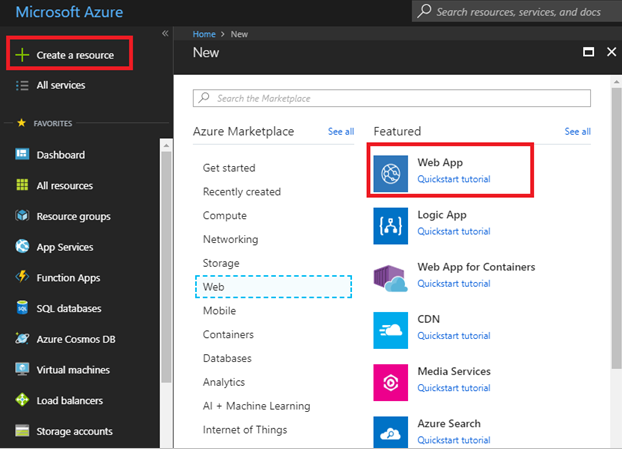
Click on Web App.
Fill in the name, resource group, and app service plan.
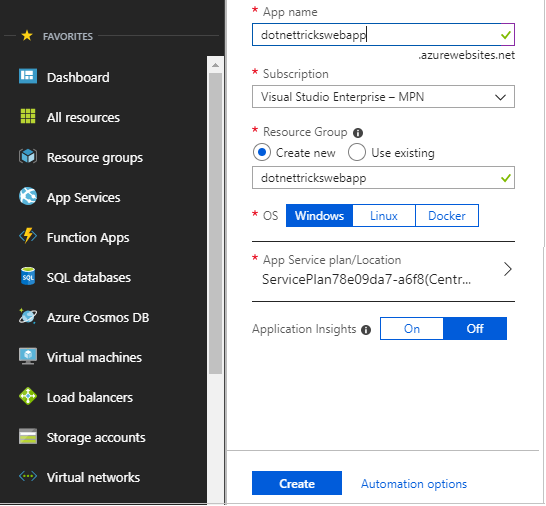
- Go to All resources in the left panel to see the list of created resources.
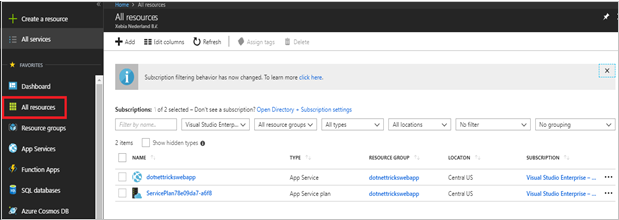
Click on the Web app name.
Then click on the Browse button to open the web app in the browser.
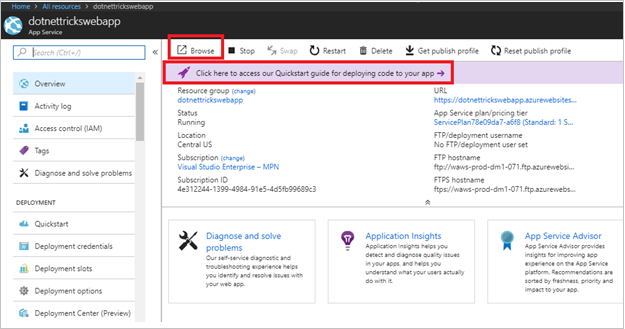
- Click on the purple ribbon as highlighted above to deploy a source code into the web app.
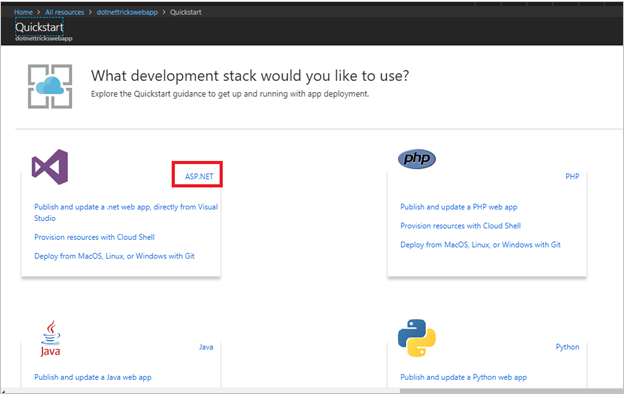
- Click on your desired development stack and follow the guide.
To learn more about Azure Web apps and connectivity you can watch the following video:-
AZ-104: Microsoft Azure Administrator | Day-7 | Azure Connectivity & Web App| Saurav Raghuvanshi
Summary
By the end, you must have realized Azure Web App is one of the widely used services of Microsoft. It consists of an SDK that helps in conducting the automation process. Web applications created with the help of Web App have auto-scaling, configuration management, high availability, enhanced user experience, traffic management, deployment services, no data loss, security, and a high-performance rate with minimum downtime. Reading about its great features may engross you in developing your application. So wait no more to create some exciting applications on Azure Web App.
Subscribe to my newsletter
Read articles from Muskaan Mishra directly inside your inbox. Subscribe to the newsletter, and don't miss out.
Written by

Muskaan Mishra
Muskaan Mishra
I am a third-year engineering student in the Information Technology department at ADGITM, New Delhi. I am currently working as a marketing and management lead at GDSC ADGITM and project head at Enactus. I am also an Amazon ML Summer School mentee and Microsoft Learn Student Ambassador. I am a person with a mind for technology and a heart for the community.